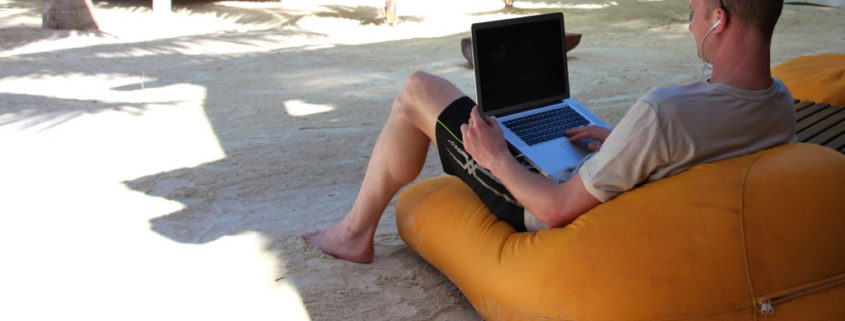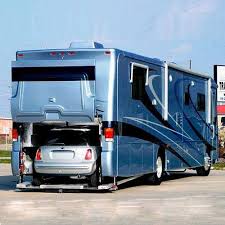What No-One Tells You About Being a Digital Nomad
During the past decade cellular and WiFi coverage has become so much better that it’s possible for many to get away from their office desks and work from their recreational vehicle. This has brought about the phrase “digital nomad” or “technomad” and for most people, it’s the best life.
When compared to just ten years back, things are good today. Way back in the “bad old days”, cellular internet was based on slow “2G” networks, which implied that you’d have to get a WiFi hotspot to do any major downloading, in most cases miles away. Campground WiFi was not so good either and indifferently supported by the campgrounds.
These days it’s a completely different situation. Now we have high-speed 4G cellular network countrywide, and with workable signal in locations we could only imagine a couple of years ago. Even campground WiFi has become slightly better. The bottom line is that anyone can get online; practically anywhere.
As it’s becomes much easier to get online bosses are beginning to recognize that “work from home” doesn’t generally equate to “slackness” and the number of digital nomads living in RVs has skyrocketed. However before you pack up to work from the road full-time, remember that getting workable and fast internet could still be challenging as everyone else has the need for the same thing.
It’s difficult to find an RV that doesn’t have a laptop or two inside it, in addition to smart phones and tablets for each member of the family. Even the dog could have a GPS tracking collar that makes use of a cellular network to send his location. Each of those devices is pinging the same cell tower, creating local congestion.
The digital nomad is at the forefront of this challenge. Working people can’t afford slow internet. This has spurred a kind of arms race, because the person with the biggest antenna and booster setup will receive a better signal and thus more bandwidth. A number of Specialty stores have popped up to help on the most recent technology to get an upper hand over the average person using a simple Jetpack or MiFi-type device. WiFi extenders, high-gain antennas, cellular-compatible routers and network boosters is the gear of the serious RV-based digital nomad.
Additionally, there are tips and tricks for working around slow internet networks. To start with, at peak periods do just the least you need to do online; or else you are going to be looking at your system for a long time waiting for things to load. Get out of bed early or work very late hours on stuff that takes serious bandwidth.
Second, save a list of stuff that requires high-speed internet (such as big file uploads) and undertake those jobs at a public WiFi spot in town, like McDonald’s, a public library, or coffee shop, etc. This has the side advantage of getting you away from your desk for a couple of hours.
Third, if possible, make use of your mobile smart phone in place of a laptop. Mobile apps were created for narrow bandwidth and you could do a lot with a tablet or phone on slow internet connection especially for common tasks like online banking, emails, checking weather, and social network updates.
Fourth, be extremely careful about cloud-based applications and automatic updates. Today’s laptop operating systems come with options to instantly synchronize data, such as emails, calendars, preferences, passwords, photos, files—even entire hard drive backups and operating system updates. It is advisable to turn off everything that sends data to the internet without requesting your permission.
Lastly, if it all turns out to be too much of a hassle, remember the reason why you are in a RV. You’ve got wheels. Consider going to some place that’s less popular or take a break and go for a hike where cell signals don’t penetrate anyway and come back to work at other times.


